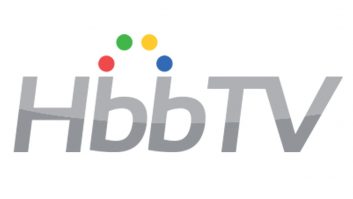“I worry about the European broadcasting community not moving fast enough to embrace the digital world for the new generation of consumers,” Erik Huggers told the 2020 TV session. Huggers, who spearheaded the launch of the BBC iPlayer, has spent the last several years in California working for Intel and most recently for Verizon, creating connected TV devices and services in response to a world that isn’t about purely linear TV anymore.
“There is an opportunity for a pure OTT, IP-only, live, linear catch up and any flavour of VoD all combined nicely into one experience,” said Huggers. “At that point the broadcasters will have a chance to compete with the coming onslaught of global digital companies like Google, Amazon and Apple who think globally and can bring to bear innovations faster.”
In terms of what 2020 TV will look like, Huggers thinks there will still be room for “aggregator brands to present a curated playlist of linear programming for people who just want to sit down and relax,” but he thinks that by 2020 the number of channels will fall.
“All these channels make less and less sense.”
Huggers also had some choice words for DRM, the standard for protecting content. “DRM is an evil technology that has held the industry back. It is anti-consumer in every way imaginable and it has held back use cases and portability. I would like to see DRM go the way of the dinosaur.”






